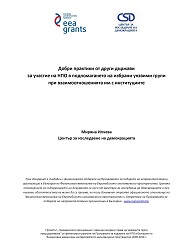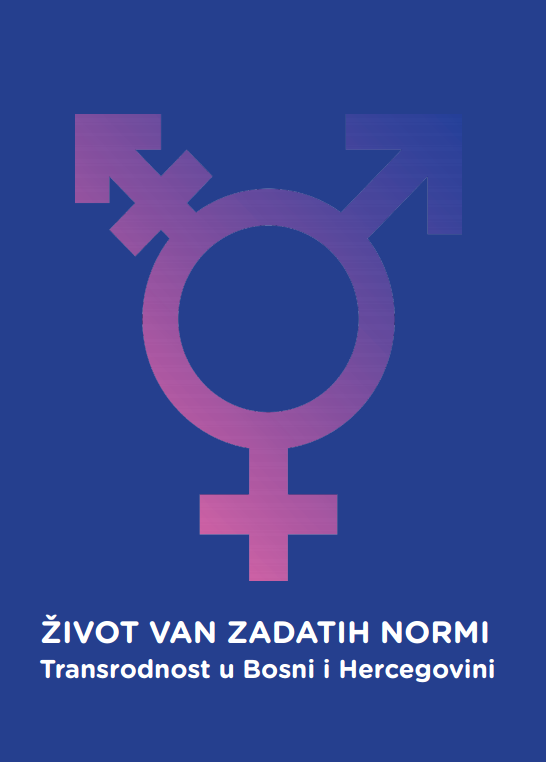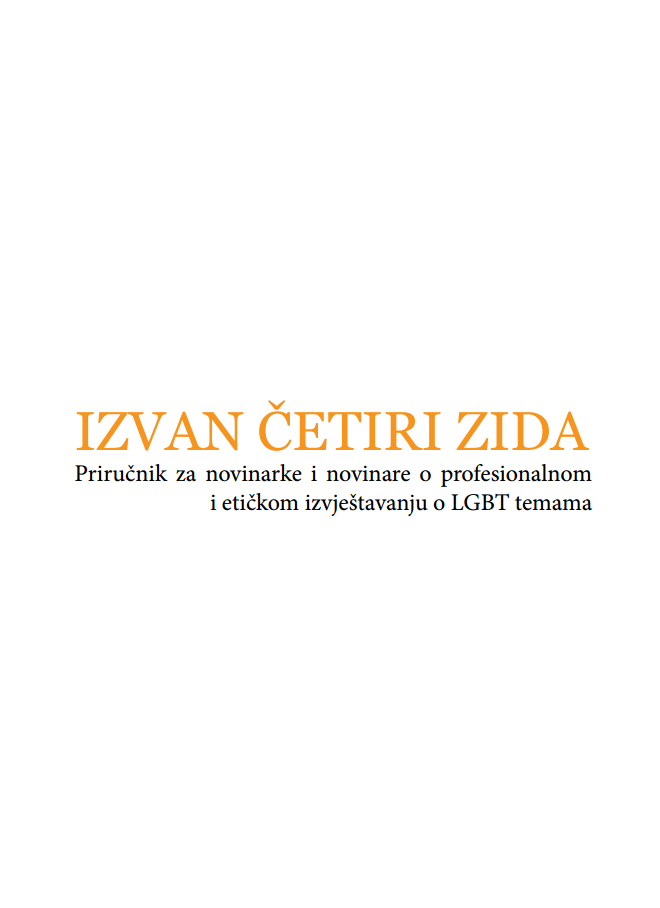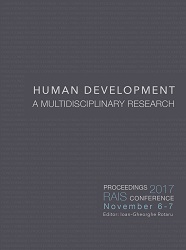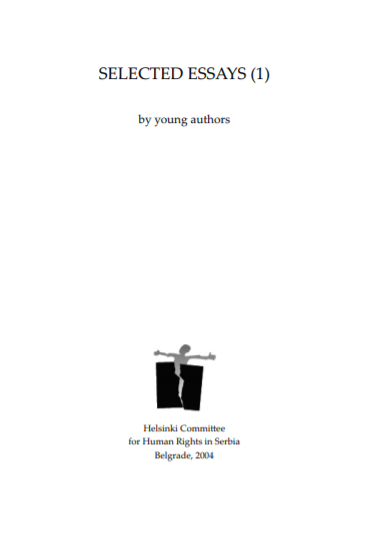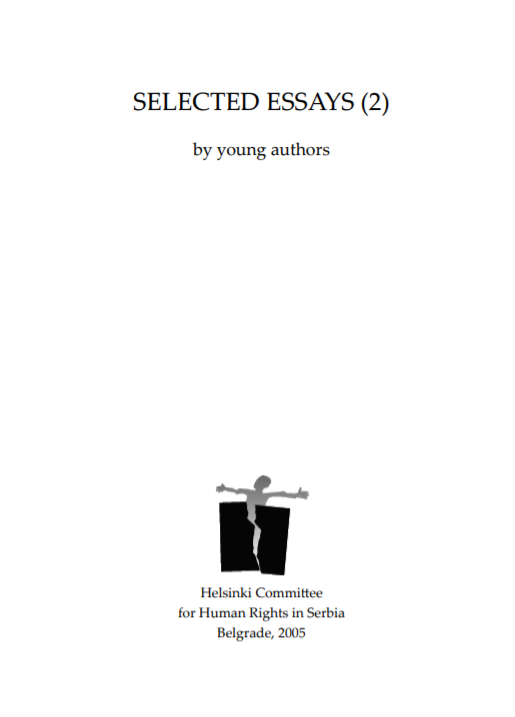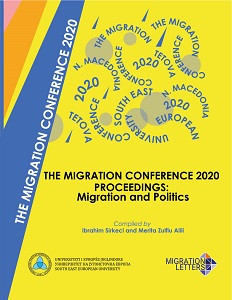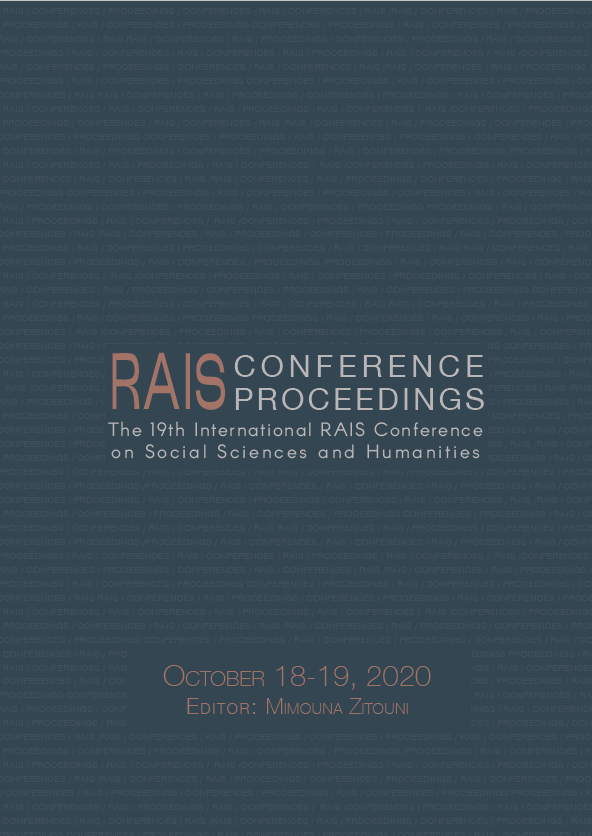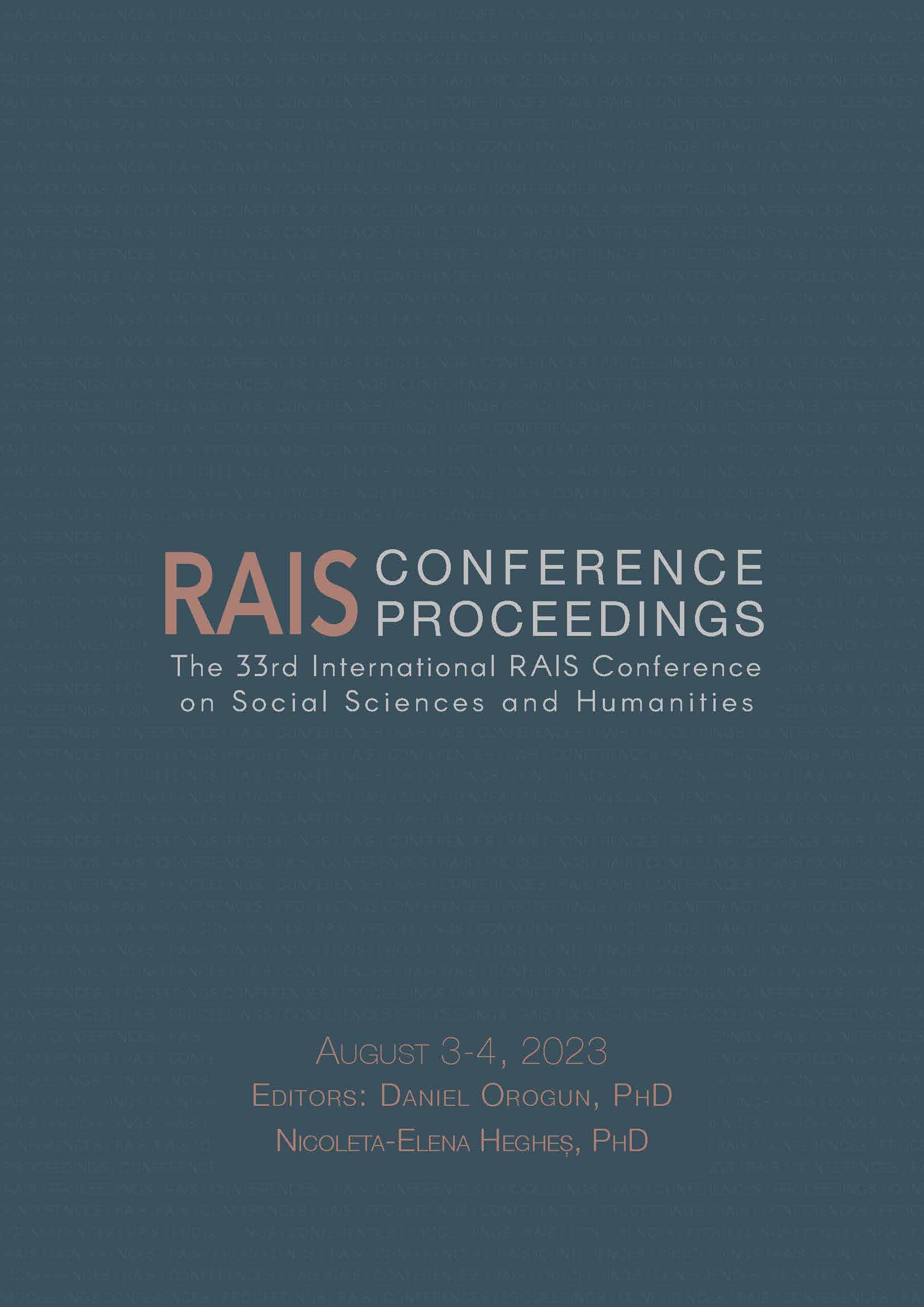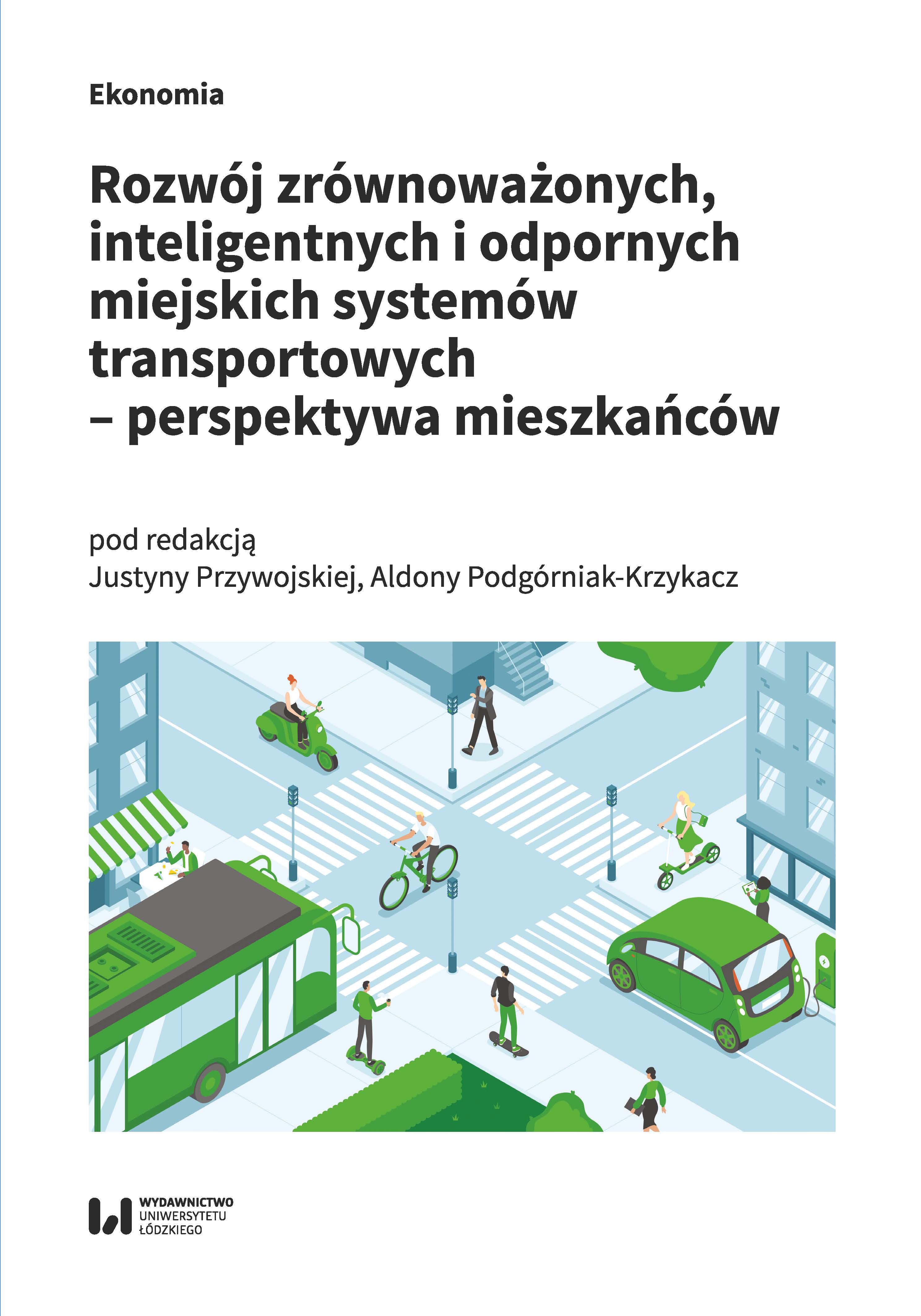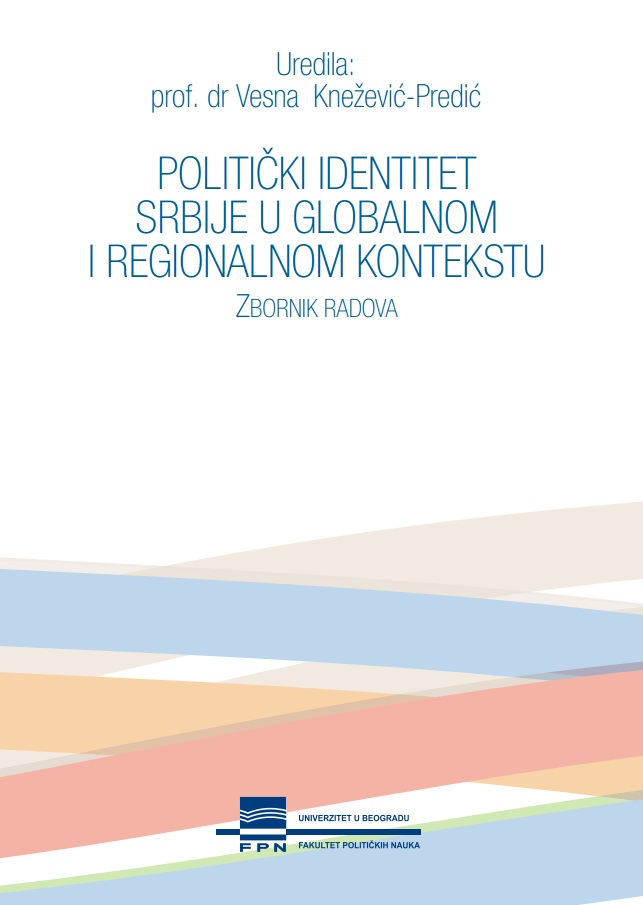
Deinstitucionalizacija osoba sa intelektualnim i mentalnim teškoćama između ljudskih prava i ustanova socijalne zaštite
Democratic changes at the beginning of new century marked the new reform directions in the social welfare system with aim to overcome the problems inherited from the previous period − the extreme centralization of the system, high rates of institutionalization, lack of community-based services and the passive position of the beneficiaries in the social welfare system. Therefore, the recognition of deinstitutionalization as one of the basic directions of social welfare reform coincided with these changes. EU integration process of the Republic of Serbia has further enforced and accelerated the incorporation of international standards into national legislation, creating a legal framework for combating discrimination and respect for human rights of people with intellectual and mental disabilities. However, as the medical model of disability was the dominant paradigm for a long time and deeply rooted into social protection system, professionals and policy for persons with disabilities, the positioning from institutional toward care and protection in community has been going on very slow. Despite the existence of formal commitment to transform the system, the process of deinstitutionalization of people with intellectual and mental disabilities in Serbia has not been performed in accordance with the basic requirements which are essential for the success of the process and exercise of the rights of these people. This paper analyzes the extent to which current organization of social protection system is in accordance with the basic principles of deinstitutionalization that are prerequisites for the realization of the rights of the people with intellectual and mental disabilities in accordance with international and national standards.
More...

